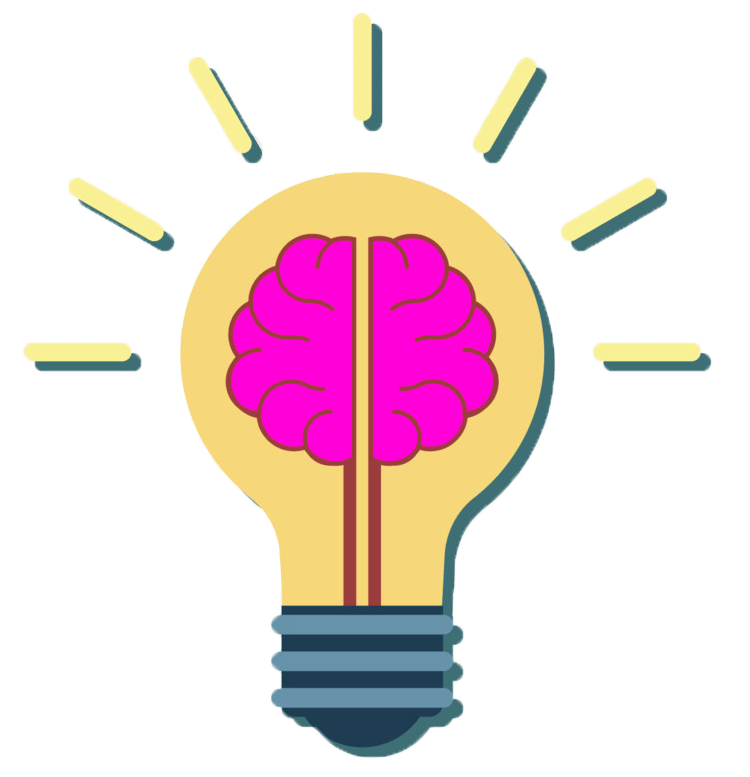How winter affects your brain
By Luis04 December 2021
It's true that our brains are not as active during the winter. Winter is not a time of rest. It's the time when we go into hibernation, to save energy and prepare ourselves for the long winter ahead. It's not only the lack of sunlight that causes this. It's also the fact that we are not moving around as much, and we spend a lot of time indoors. This leads to less of a stimulus in the brain and fewer mental activities.
There is a time of year when your brain is working harder than usual, and it is not the time of year that most people think it is.
The brain is like a muscle: it works best when it’s rested. Our brains are more active in the summer than they are in the winter, and in the winter than they are in the spring. This is why we spend more time thinking about things in the winter than we do in the spring. This is also why puzzle games are great for the brain in the winter.
![temperature dropping]()
Let’s explore why puzzle games are better in the winter, and how they can be used to reduce the effect of the brain’s seasonal “mood”. Puzzles are about thinking, not clicking.
The relationship between puzzle games and the brain is often misunderstood, and this misunderstanding makes people avoid puzzle games. People believe that puzzle games are just for kids and are not suitable for adults. This is not true.
Puzzle games are a form of cognitive training. They are not for kids, but they can be played by anyone.
Here’s why puzzle games are better in the winter:
1. The brain needs to rest
The brain is not as active in the winter. We spend more time indoors. We don’t go out to explore as much, and we don’t see as many people. It's a time of rest, but it's also a time when we need to use our brains to survive.
We spend more time in front of the TV, playing video games, and doing puzzles. We are not thinking as much, and our brain needs to rest and recharge. Puzzle games are great for that.
Puzzle games require a lot of thinking, but they don’t involve the physical process of clicking. If you are a puzzle game player, you know how much thought goes into every puzzle. You may not know that the brain needs to rest and recharge, but you know it after playing a puzzle game for a few hours.
2. Puzzles are about thinking, not clicking![]()
Puzzle games are about thinking, not clicking. Puzzle games require a lot of thinking. Puzzles are not about clicking on an object, but about thinking.
You may think that puzzles are easier to solve than thinking. The fact is, puzzles are the hardest thing for the brain. Puzzles require the brain to do things it wasn’t trained to do. This is why puzzle games are better in the winter.
Puzzles are great for the brain because they are a different kind of game. Puzzles are not about clicking on objects, but about thinking. Puzzles are also about the mind and the brain.
3. Puzzle games help with cognition
Puzzle games are cognitive training. They are also good for the brain. You might think that puzzle games are only for kids, but this is not true. Puzzle games can be played by anyone, and they are good for the brain.
Puzzle games are about making connections between things. They’re about making you think, not about filling in a form. When you play a puzzle game, you’re making a connection between the pieces, and it’s only when you make that connection that you can make the puzzle work.
![]()
So as winter approaches, the temperatures drop and the neurons start to “freeze over” give them a quick jolt, while some having well-deserved fun in the meantime with some wonderful games like:
Pattern Matrix, Moving Memory or
Moving Meory


